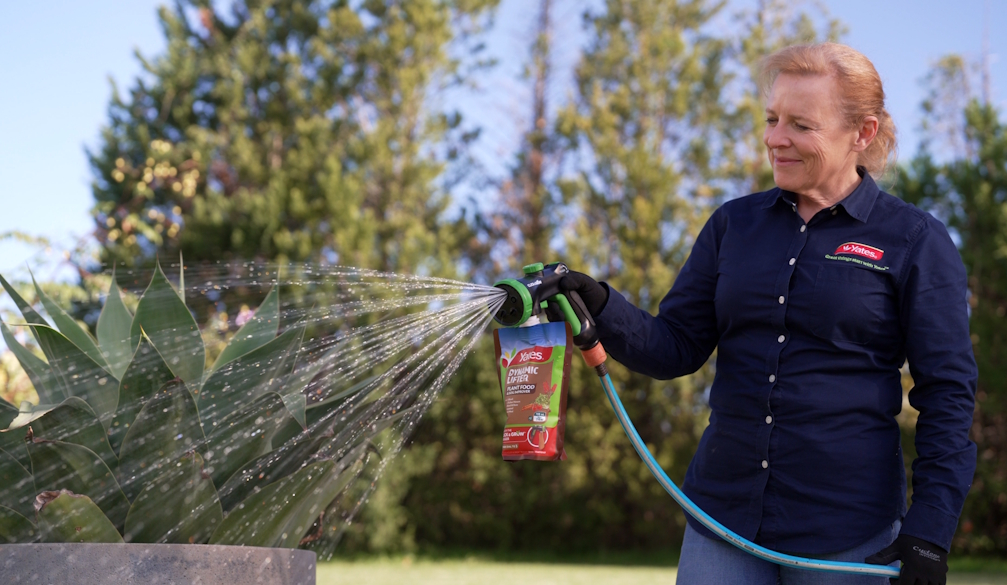How to Stay Out Of Court for Divorce Resolution

Divorce is stressful – it takes not only a hit on your emotions but also your finances. And this is exacerbated if you end up in court. That's why the Australian legal system encourages mediation or another dispute resolution, and if your divorce is amicable, it's best to stay out of the courtroom.
To divorce in Australia, couples need to show evidence their marriage is irreparable, that they have separated for a minimum of 12 months and have reached an agreement on parenting and financial issues. The latter is where things get complicated.
Ideally, you want to work through parenting and finances yourself to find a solution that suits both parties in the relationship. But if you can't agree, don't worry. It doesn't have to end up in court.
According to Jennifer Hetherington of Queensland Family Law Firm, Divorce Hub, the right divorce lawyer will always try to keep your case out of court, if possible.
"It's not always possible, but if your divorce lawyer is pushing for a huge legal battle, then they may be more concerned about their stake in your divorce than your well-being," she says.
Mediation that a third party leads is often the best way to ensure everyone is happy with the outcome of separation. It's also much faster and more affordable than going to court which can take months and cost tens of thousands of dollars. And the process is much simpler.
In some cases, a mediator will visit each spouse to discuss their goals and assess their emotions and circumstances, including mental health issues, addictions, and abuse. Otherwise, the mediator will arrange for all parties to be present in a meeting room to introduce themselves and discuss their preferences.
The mediator will discuss custody of children, and will assess the relationship's property and finances, considering each spouse's contributions throughout the marriage. Contrary to popular belief, "what's mine is yours" is not actually the case in divorce in Australia, and it's rarely a matter of a 50-50 split. The contributions considered include monetary, non-monetary, and contributions as a housewife and parent. Future needs will also be considered, including each spouse's age, earning potential, overall health and who has primary care of the children.
Finding the point of agreement is the goal of mediation and there may be to-and-froing between sides during the negotiation part of the process. Once an agreement is reached, the resulting documents can be signed and legally filed.
Keep in mind that the end result may not be exactly what you want, but it's about both parties compromising and agreeing on a fair outcome.












